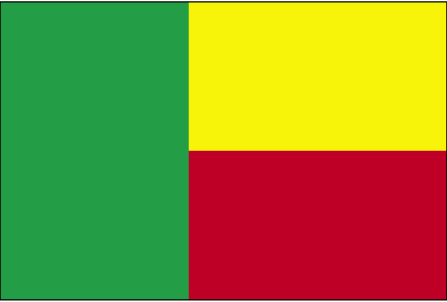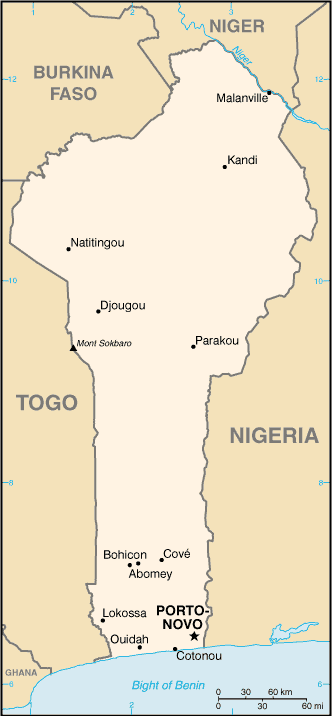Investing in Benin


The economy of Benin remains underdeveloped and dependent on subsistence agriculture, cotton production, and regional trade. Growth in real output had averaged about 4% before the global recession, but fell to 2.7% in 2009 and 3% in 2010. Inflation has subsided over the past several years. In order to raise growth, Benin plans to attract more foreign investment, place more emphasis on tourism, facilitate the development of new food processing systems and agricultural products, and encourage new information and communication technology. Specific projects to improve the business climate by reforms to the land tenure system, the commercial justice system, and the financial sector were included in Benin's $307 million Millennium Challenge Account grant signed in February 2006. The 2001 privatization policy continues in telecommunications, water, electricity, and agriculture. As result of these reforms, Benin has become the most competitive country in the West African Economic and Monetary Union, according to the World Economic Forum. The Paris Club and bilateral creditors have eased the external debt situation, with Benin benefiting from a G-8 debt reduction announced in July 2005, while pressing for more rapid structural reforms. An insufficient electrical supply continues to adversely affect Benin's economic growth though the government recently has taken steps to increase domestic power production.
Alink Telecom Benin - http://www.alinktelecom.bj/
Banque de l' Habitat du Bénin - http://www.bhb.bj/
Chambre de Commerce et Industrie du Bénin (CCIB) - http://www.ccib.bj/
Ministère de l'Economie et des Finances (MDEF) - http://www.mdef.bj/
Benin News
Fraternité (Cotonou) - http://www.fraternite-info.com/
L’Autre Quotidien (Cotonou) - http://www.lautrequotidien.com/
Countries that border Benin: Togo | Burkina Faso | Niger | Nigeria
Learn more:
Back to Country Investing



